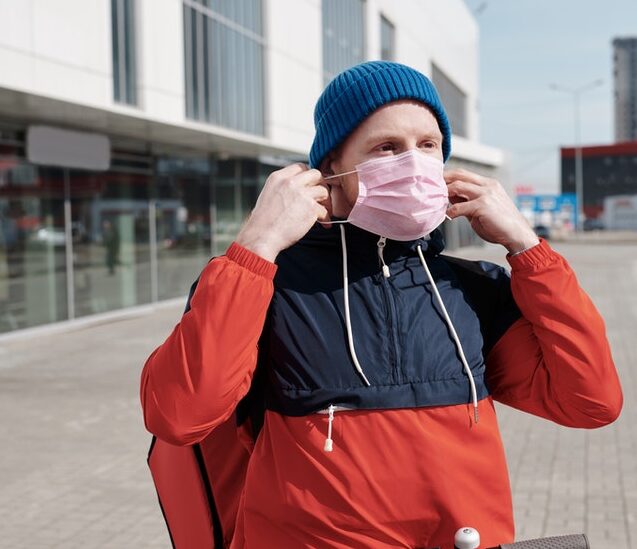Today’s COVID-19 business environment has resulted in an increase of business related identity fraud for opportunistic scammers. As some business owners have been forced to close doors, identity theft criminals have been active in finding new sinister ways to defraud businesses. There are a few well known methods the scam artists are using to defraud businesses.
Material Misrepresentation
Material misrepresentation is the act of posing as an existing business for financial gain. One of the ways this is done is by creating a business name which is similar to an existing business. We can use a fictional business as an example. Company #1 is called Mickey’s Rides. Mickey’s Rides operates a chain of amusement parks. Another company is created to mimic the name of this business, but they call themselves Mickey Rides. Mickey Rides then proceeds to use the real business’s reputation to open credit lines, apply for loans, and open credit based accounts to purchase goods. Banks and creditors may not notice the minor difference in the name and continue to do business with the fraudulent company. Once the fraudulent company has the funds or goods they need, they completely disappear and the original company is left to deal with the resulting debt and bills.
Another way business identity theft is conducted is to call a customer of an existing business to request payments or funds under the guise of the original company. An example would be if a company called Saint Thomas Hospital was duplicated by another entity called St Thoms Hospital. This company then calls people under this business name asking to pay outstanding bills or payments owed to the original company. Customers would mistakenly make payments while the original company does not receive any funds. They may call customers and claim that a credit card has expired or new payment method is necessary. In this scam, the fake company can then collect multiple payments without the customer suspecting any sign of fraud. As a result, the customer’s bill becomes late with the original company and the fake company gets multiple payments before the customer realizes anything is wrong.
How To Avoid Business Identity Theft
These situations are becoming more common due to more online and phone interactions in lieu of COVID-19 distancing measures. With non-essential businesses under the mercy of government COVID-19 closure policies, criminals are able to identify organizations that are more susceptible to this type of identity theft. It is important to stay aware of identity theft threats. There are ways to avoid doing business with fraudulent companies like checking Dunn & Bradstreet numbers for verification, obtaining guarantor information for credit lines or loans, running credit checks, or simply educating your employees on existing types of business identity theft scams. Modern day commerce is constantly changing. Protecting your business and identifying threats to your business is also a constant effort.
How Would You Find Out If Your Business Was Victimized
The most obvious ways to find out if your business is a victim of business identity theft is through creditors contacting you for payment of accounts you are not aware of or fraudulent charges on your business accounts. The problem is that it is difficult to know about accounts opened under the business name until its too late to stop charges to the accounts. There are services like Experian’s Business Credit Monitoring that can help you track your business credit usage just as they do for personal credit.
What If You Have Already Been Victimized
If you have identified fraudulent charges made on behalf of your business, you should immediately request for the creditor to close or freeze the account or accounts involved. You can also request a new account number and card if it is one you use regularly. Contact your local authorities to report fraudulent activity. Monitor all other business accounts closely to make sure there are no additional fraudulent transactions. Any personal names associated to the business must also beware of fraud since their names may have been used to open or use accounts under the business name.








Get Social